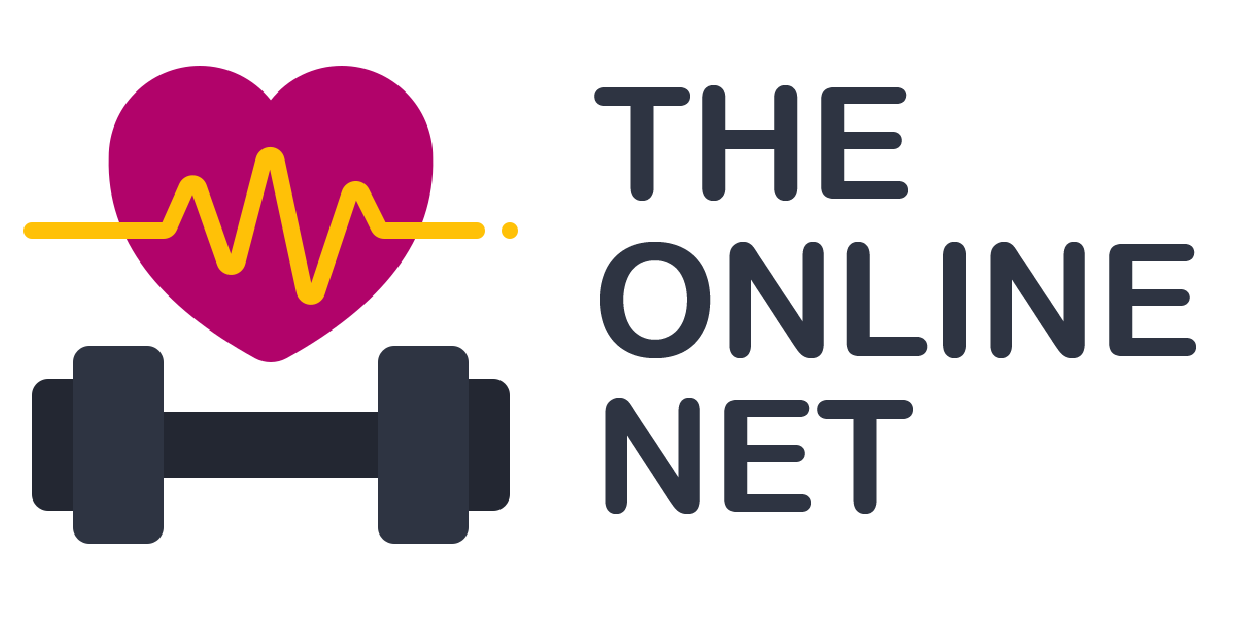Explore vitamins and supplements: Are they for you?
- Vitamins: Divided into fat-soluble (A, D, E, K – stored in body fat) and water-soluble (B complex, C – need frequent intake).
- Essential for Health: Vitamin C, B6, B12 crucial for the immune system and energy.
- B Complex Vitamins: Aid in energy conversion and improve brain/nerves function.
- Supplements: Vitamin C boosts immunity; fish oil (omega-3s) benefits heart/brain; protein/creatine enhance muscle growth.
- Deficiency Symptoms: B12 – fatigue, pale skin; Iron – anemia; A – night blindness.
- Vitamin Integration: Eat fruits, vegetables, nuts, lean proteins (e.g., spinach, oranges, almonds).
- Safety/Dosage: Follow recommendations; overdose can cause health issues.
- Interactions: Vitamins may alter medication effects; consult healthcare providers.
Are vitamins and supplements right for you? Let’s dive into their world together. You hear so much about their wonders in ads and blogs, but which should you pick? From crunchy carrots to fish oil pills, vitamins shape our health daily. But do you know which ones you need or why? Let’s explore the types, benefits, and how to choose what suits your body best.
What Are the Different Types of Vitamins?

Vitamins are essential nutrients your body needs to work well. They are divided into two main groups: fat-soluble and water-soluble vitamins.
What Are Fat-Soluble vs. Water-Soluble Vitamins?
Fat-soluble vitamins, like A, D, E, and K, are stored in your body's fat. This means you do not need to take them daily, as your body keeps extra in reserve. Eating too much of these can pile up in your body, which might not be safe.
Water-soluble vitamins include the B complex group and C vitamin. Your body does not store these, so you need them more often. Since they dissolve in water, if you have extra, your body gets rid of it through urine.
Which Vitamins Are Essential for Daily Health?
Daily vitamin needs vary, but some are vital every day. Vitamins like C and some B vitamins (like B6 and B12) help keep your immune system strong and energy levels up. You can find them in fruits, veggies, and grains.
How Do B Complex Vitamins Support Well-Being?
The B complex group is a mix of eight vitamins. They are crucial for turning food into energy. They also help your brain and nerves work better. This link to B complex vitamins can provide more insights about their roles.
With the right balance of these types of vitamins, your body maintains good health. Understanding how fat-soluble and water-soluble vitamins work can aid in making sure you get what you need from your diet. Knowing which vitamins are essential helps me choose food wisely for good health.
How Can You Benefit from Vitamins and Supplements?

Have you ever wondered if vitamins and supplements can help you? They sure can! Vitamin C helps fight colds. It boosts your body's power to stay healthy. Echinacea, a plant, also helps when you feel sick. Together, they make you feel better faster.
Vitamins give you energy, kind of like food for your body's engine. When you take multivitamins, they fill a gap in your diet. They keep you strong and healthy.
Fish oil supplements have something called omega-3s. These are good for your heart. They help keep it beating well and make your brain work better, too. Kids and grown-ups alike can benefit from these tiny capsules.
Herbal teas, like green tea, have their own magic. They help keep your body calm. Some even help fight stress. So, they do more than just taste good. Would you like more information on high-quality vitamins and supplements? They are worth checking out!
How to Choose the Right Vitamin Supplements?

Choosing the right supplements can seem like a big task. With so many options, how do you pick the best one? Start by reading vitamin labels carefully. But what should you look for when reading vitamin labels? Look for the amount of each vitamin, serving size, and any added ingredients or fillers. This helps you compare different brands and find one that meets your needs. Some interaction tools can help ensure you're making safe choices.
Next, how can you identify high-quality vitamins and supplements? High-quality supplements have a seal from known groups, like USP or NSF. These seals mean the product is tested and meets quality standards. Also, check for pure ingredients and clear expiration dates, which signal a well-made product.
Now, which supplements are best for athletic performance? Protein and creatine support muscle growth and recovery. Omega-3s can reduce inflammation. When training, you may need extra vitamins that boost energy too, like B vitamins. Always talk to a healthcare expert before trying new supplements, especially if you have health conditions. This ensures they fit your body and goals well.
What Are the Signs and Effects of Vitamin Deficiencies?

Vitamin deficiencies can cause many health problems. Each vitamin has a role in the body. Lack of these can lead to specific symptoms. Let me guide you through some common signs and effects.
What Are Common Symptoms of Vitamin B12 Deficiency? Vitamin B12 deficiency can cause fatigue, weakness, and pale skin. You may also feel tingling in your hands or feet and have memory issues. This vitamin is vital for blood cell production and nerve health. Without it, problems can arise quickly due to blood and nerve cell damage. Consuming foods like meat, eggs, and dairy can help maintain B12 levels.
How Do Iron Deficiencies Affect Your Body? Iron deficiency can lead to anemia. According to Healthline, common symptoms are tiredness, pale skin, and short breath. Iron is key to making hemoglobin, which brings oxygen around your body. Without enough iron, your body struggles to fuel itself, leading to low energy and other issues. Red meat, beans, and spinach are good dietary sources.
What Are Potential Side Effects of Vitamin A Deficiency? Vitamin A deficiency can lead to night blindness. It also can make your skin dry and affect immunity. This vitamin helps with vision, skin health, and the immune system. Lack of Vitamin A may cause greater vulnerability to infections due to immunity weakening. Carrots, sweet potatoes, and leafy greens are beneficial in keeping your Vitamin A at healthy levels.
Understanding these signs can lead you to healthier choices. If you think you might have a deficiency, consider visiting a doctor for a check-up. They can help determine your levels and suggest the right path for recovery.
How to Integrate Vitamins into Your Diet?

You want more vitamins. But how do you get them? Let's explore some vitamin-rich foods you can eat every day.
What Are Some Vitamin-Rich Foods to Include in Your Diet? The answer is fruits, vegetables, nuts, seeds, and lean proteins. Leafy greens, like spinach and kale, pack lots of nutrients. Oranges give you vitamin C. Almonds provide vitamin E. Eggs and fish are good sources of vitamin D. Each meal offers a chance to add these food sources, keeping your diet balanced and varied.
How Can a Vitamin-Rich Diet Affect Your Overall Health? Eating vitamin-rich foods boosts your body. Vitamins are crucial for growth and function. They help keep bones strong, support the immune system, and repair cells. When your diet is rich in vitamins, you feel better and stay healthy. They power your body and mind, helping you tackle each day with energy.
What Roles Do Vitamins Play in Daily Metabolism? Vitamins fuel metabolism, which is how your body makes energy from food. B vitamins like B12 and folate help your body use carbohydrates, proteins, and fats. They turn your food into fuel, so you can move and think. Without vitamins, your metabolism slows down, making it harder to keep up with daily activities.
To learn more, visit Healthline.
What Are the Safety and Dosage Guidelines for Supplements?

When should you take your vitamins for the best effect? The best time often depends on the vitamin type. For instance, fat-soluble vitamins like A, D, E, and K work best with meals containing healthy fats. Water-soluble vitamins such as C and B-complex can be taken on an empty stomach.
How much is too much? Safe dosages for supplements vary. Overdoses of vitamins can lead to health issues. Too much vitamin A can cause headaches or dizziness. Taking too much vitamin D might result in nausea or bone pain. It's smart to stick to recommended daily amounts to avoid potential risks.
What risks come with vitamin overdoses? The risks can be serious. For example, excess vitamin C could lead to kidney stones. High amounts of certain supplements may even interact with medications negatively, posing additional health dangers. Always consult a healthcare provider to ensure safety.
How Do Vitamin Interactions Affect Your Health?

Vitamins can interact with medications in many ways. These interactions might change how both work in your body. For example, some vitamins might make drugs less effective or increase side effects. Vitamin K, found in leafy greens, can reduce the blood-thinning effect of certain medications like warfarin. If you are taking any medication, always check how vitamins might impact it.
Synergy is a fun word that means working together. Some vitamins can have synergistic effects when combined. This means they can work better as a team. For example, vitamin D helps your body absorb calcium. This means taking them together can be more effective than alone. Another example is vitamin C enhancing the absorption of iron. Knowing about these teams can help boost your vitamin intake.
What should you know about combining vitamins and prescription drugs? Always let your doctor or pharmacist know about all the vitamins you take. They are the experts who can tell you if there might be any harmful interactions. This is important for your health. If you want more information, you can check out this drug interaction checker. It can help keep you safe and healthy.
Conclusion
Vitamins play a vital role in our health. We explored the benefits of vitamins, how to choose the right supplements, and signs of deficiencies. Vitamins support your energy, immunity, and well-being. Remember, a balanced diet rich in vitamins enhances health naturally. Always choose high-quality supplements and follow safety guidelines. Let vitamins be your ally in a wellness journey. Stay informed and make smart health choices.







